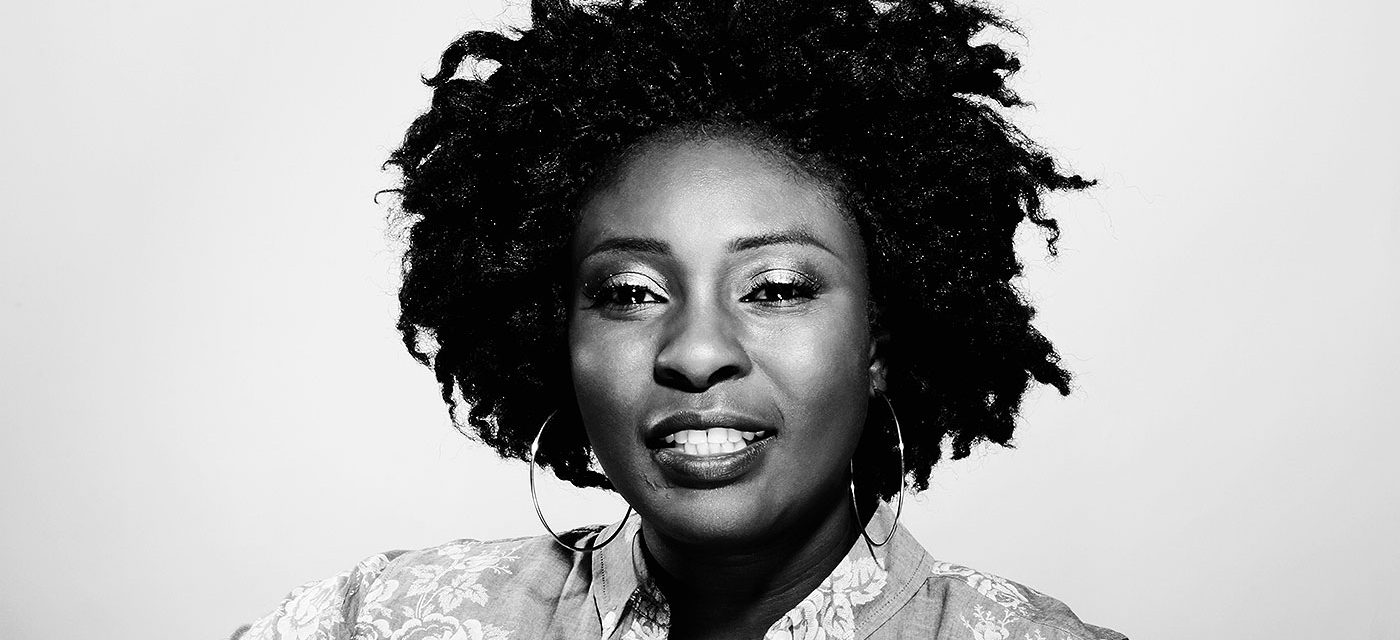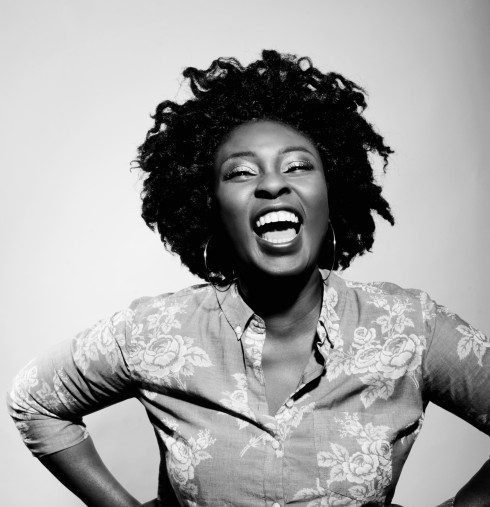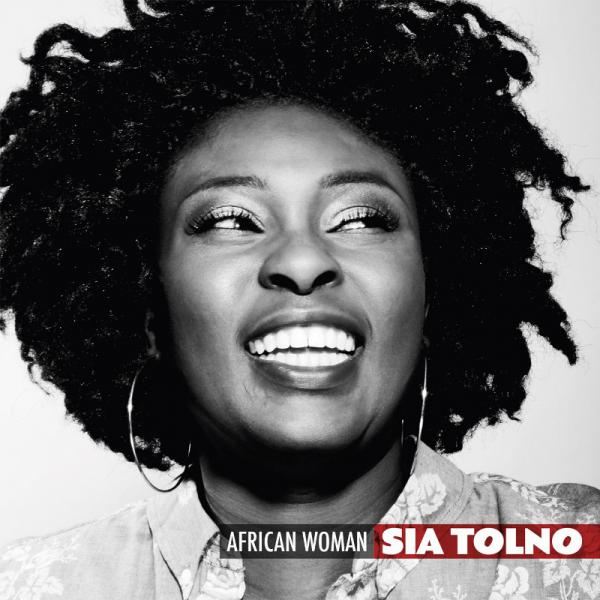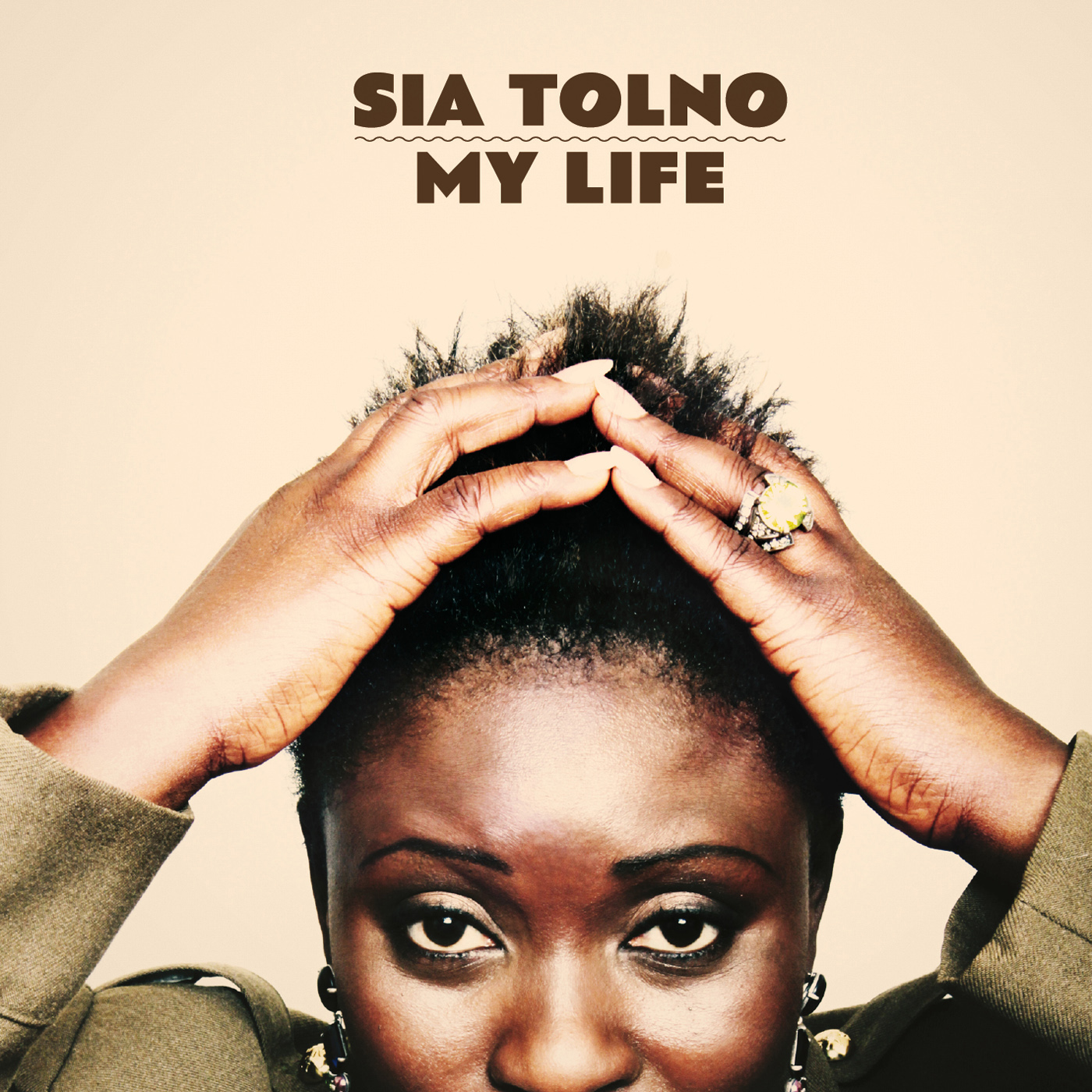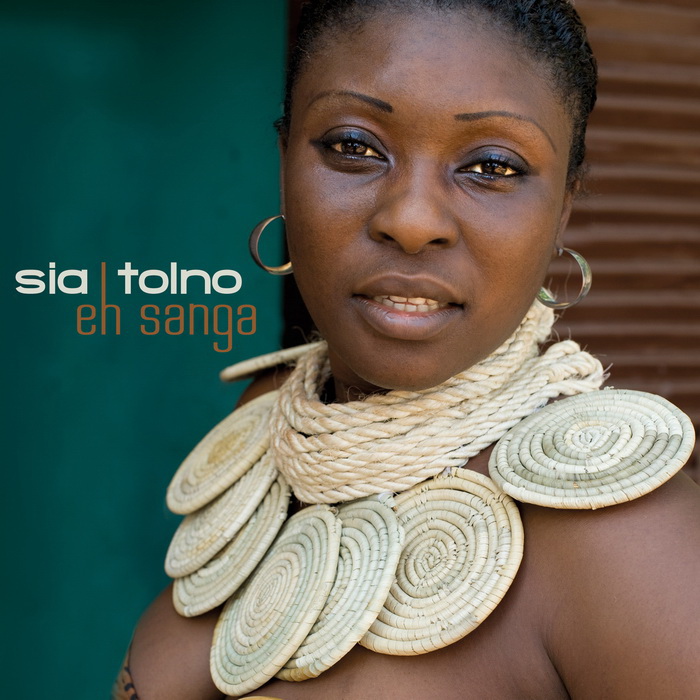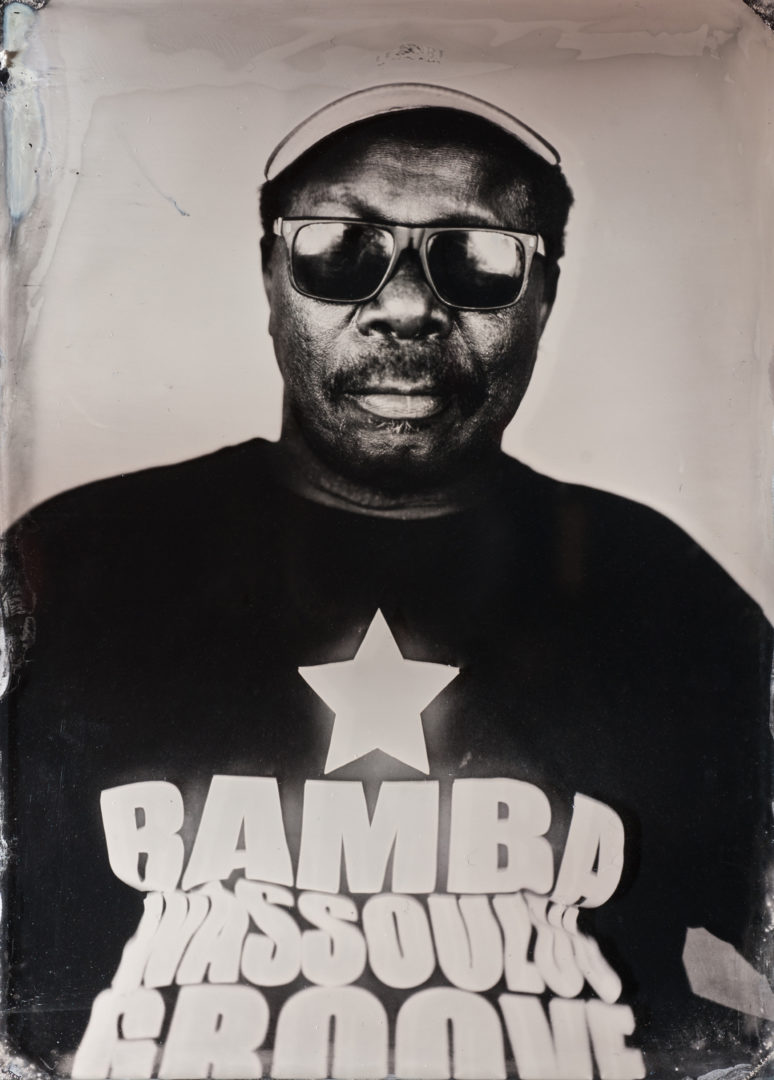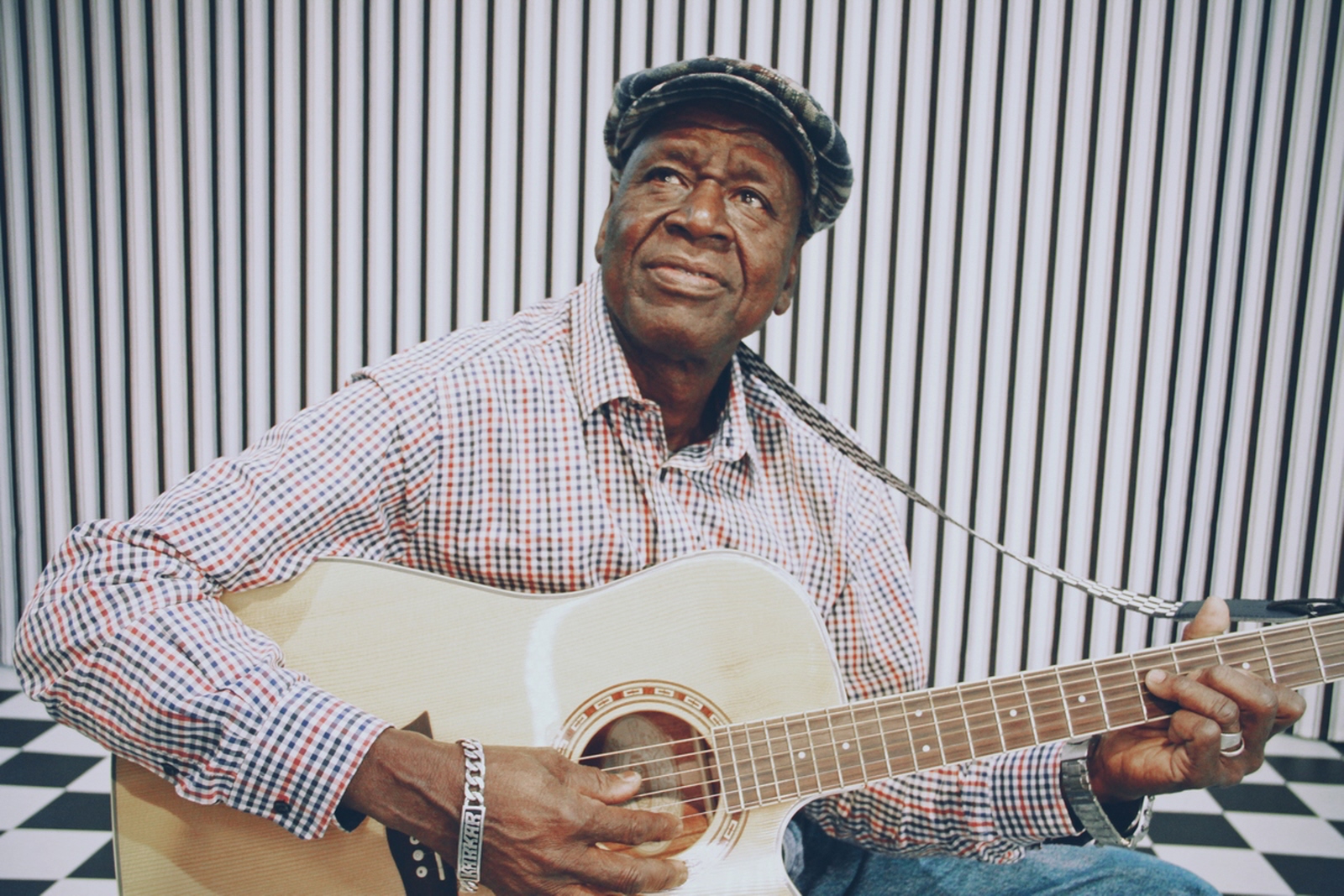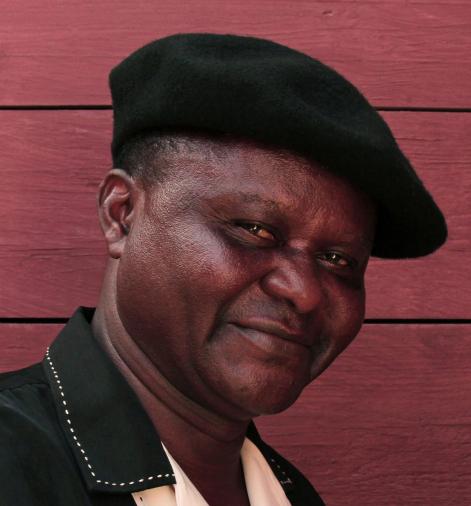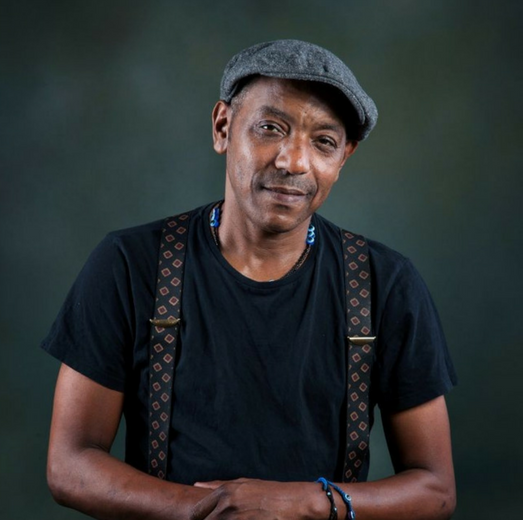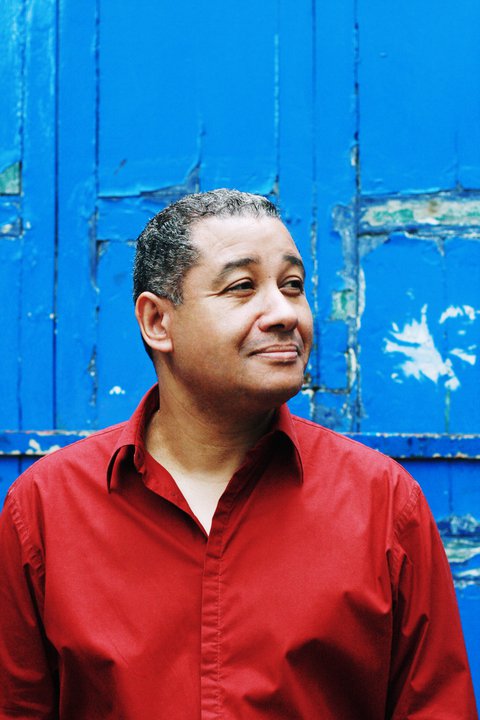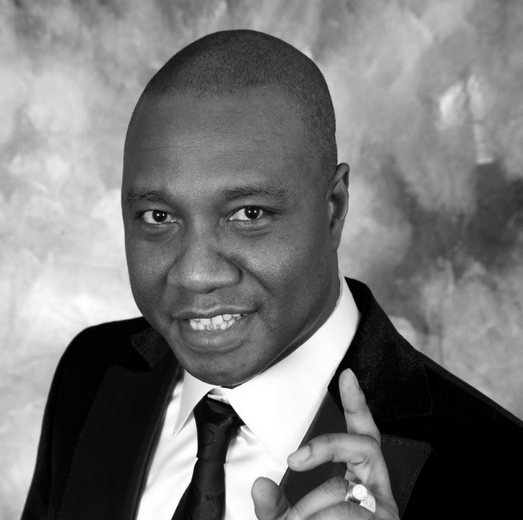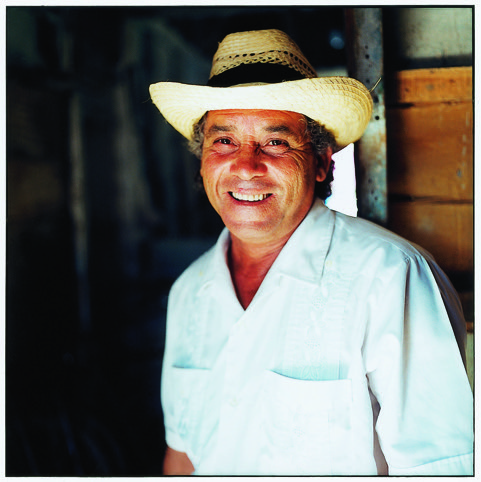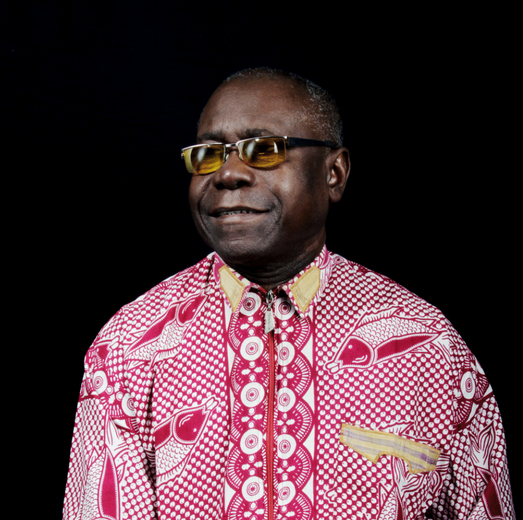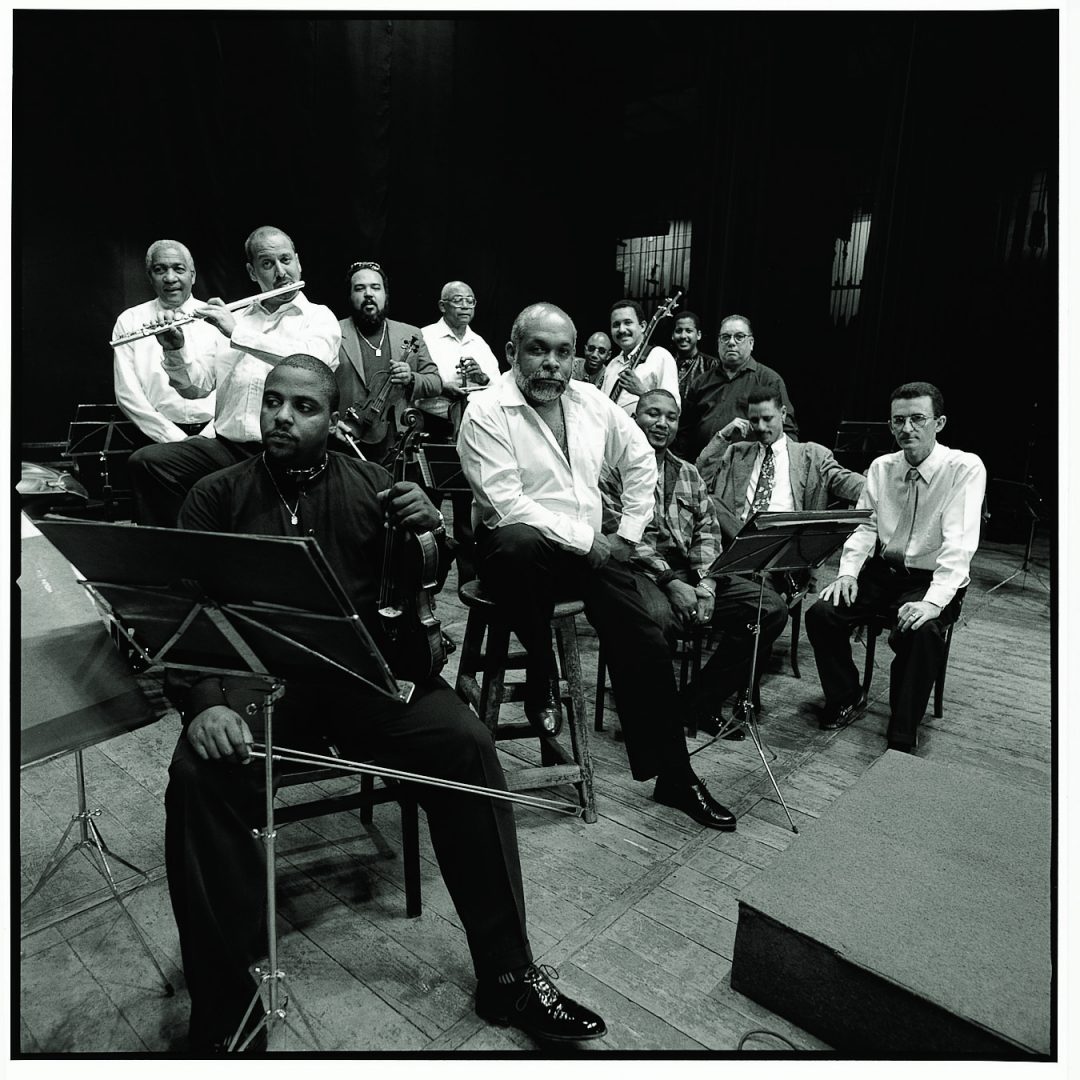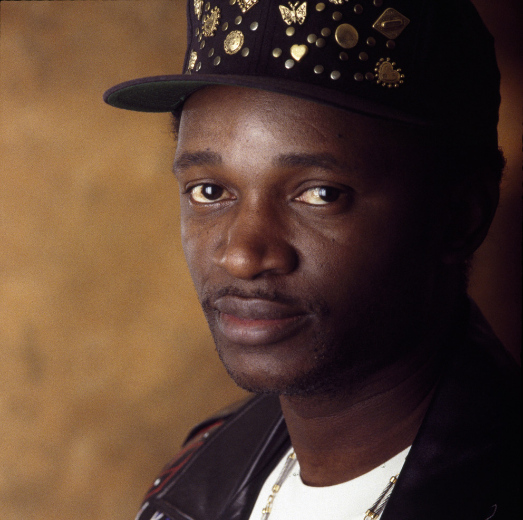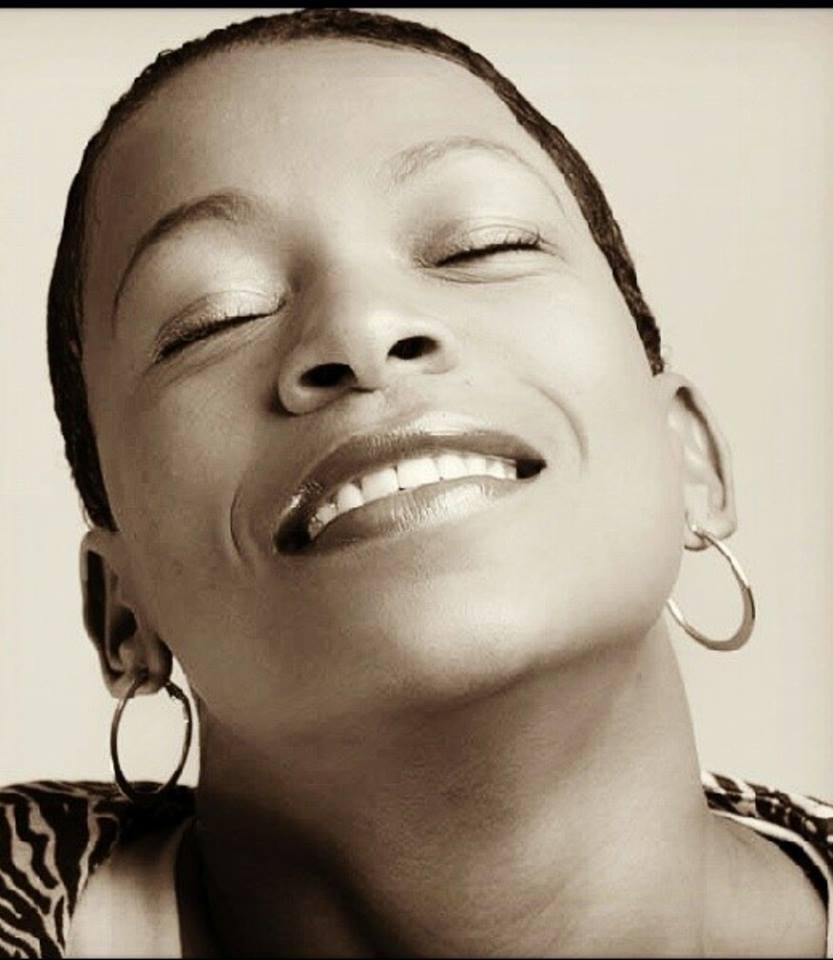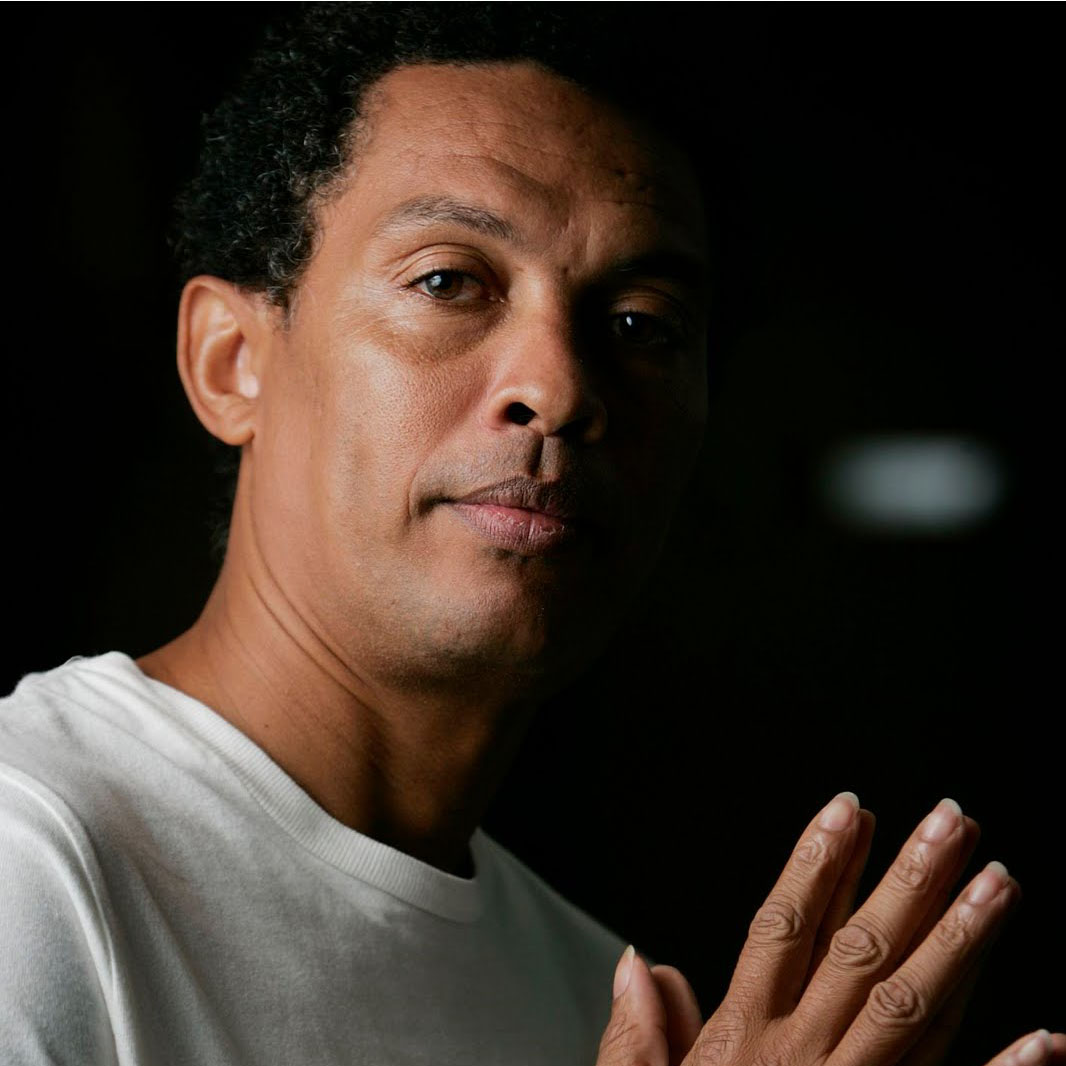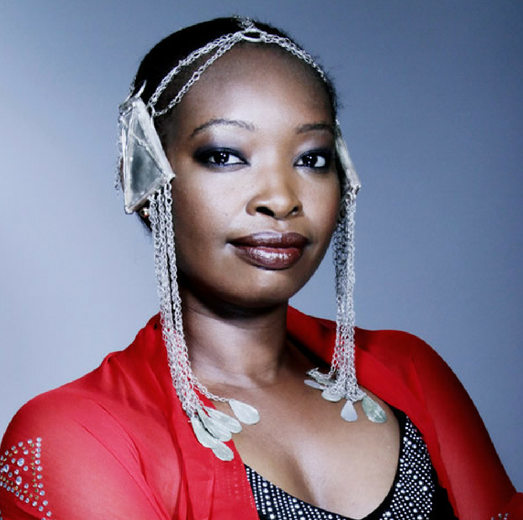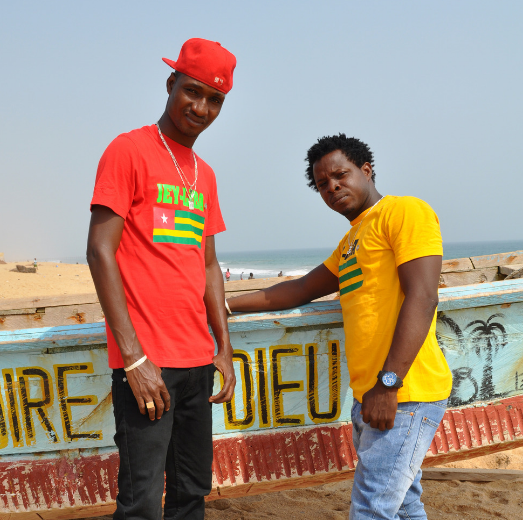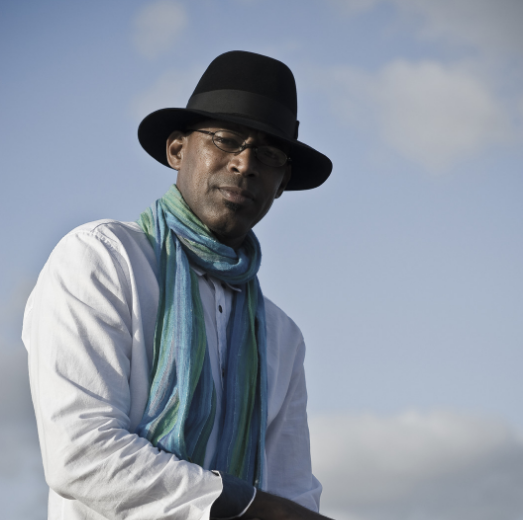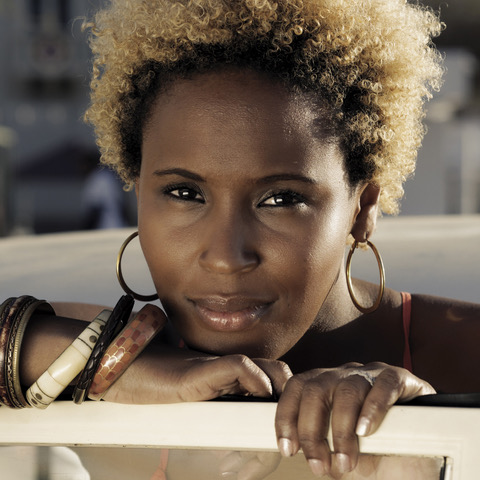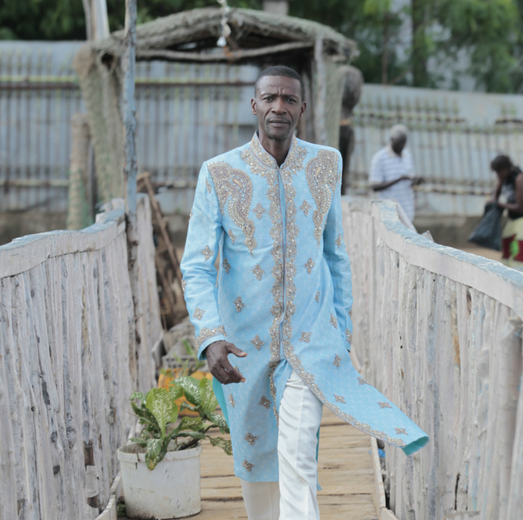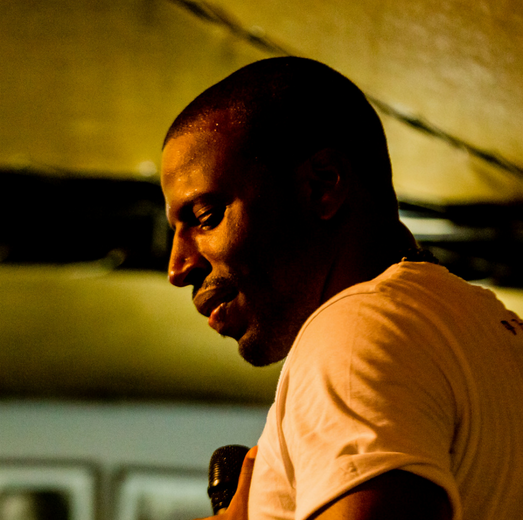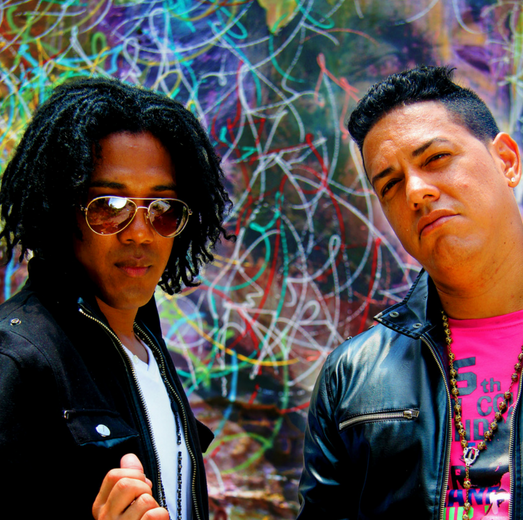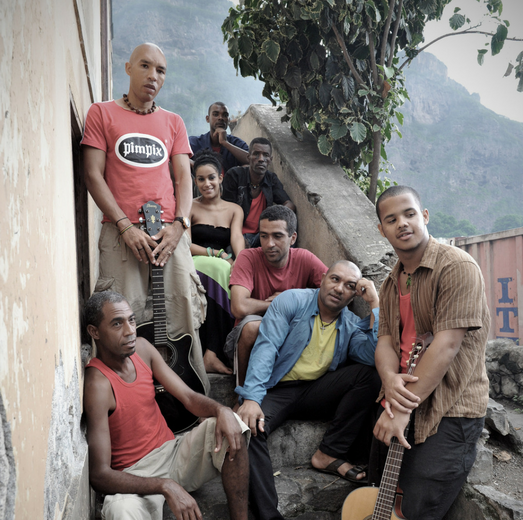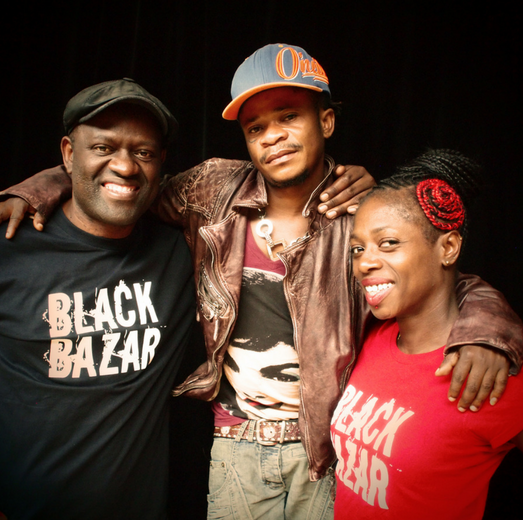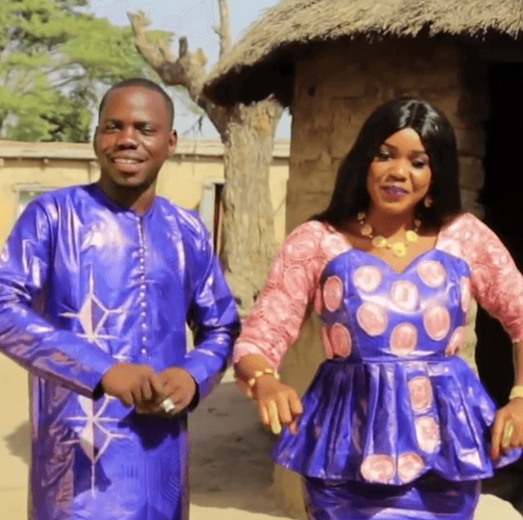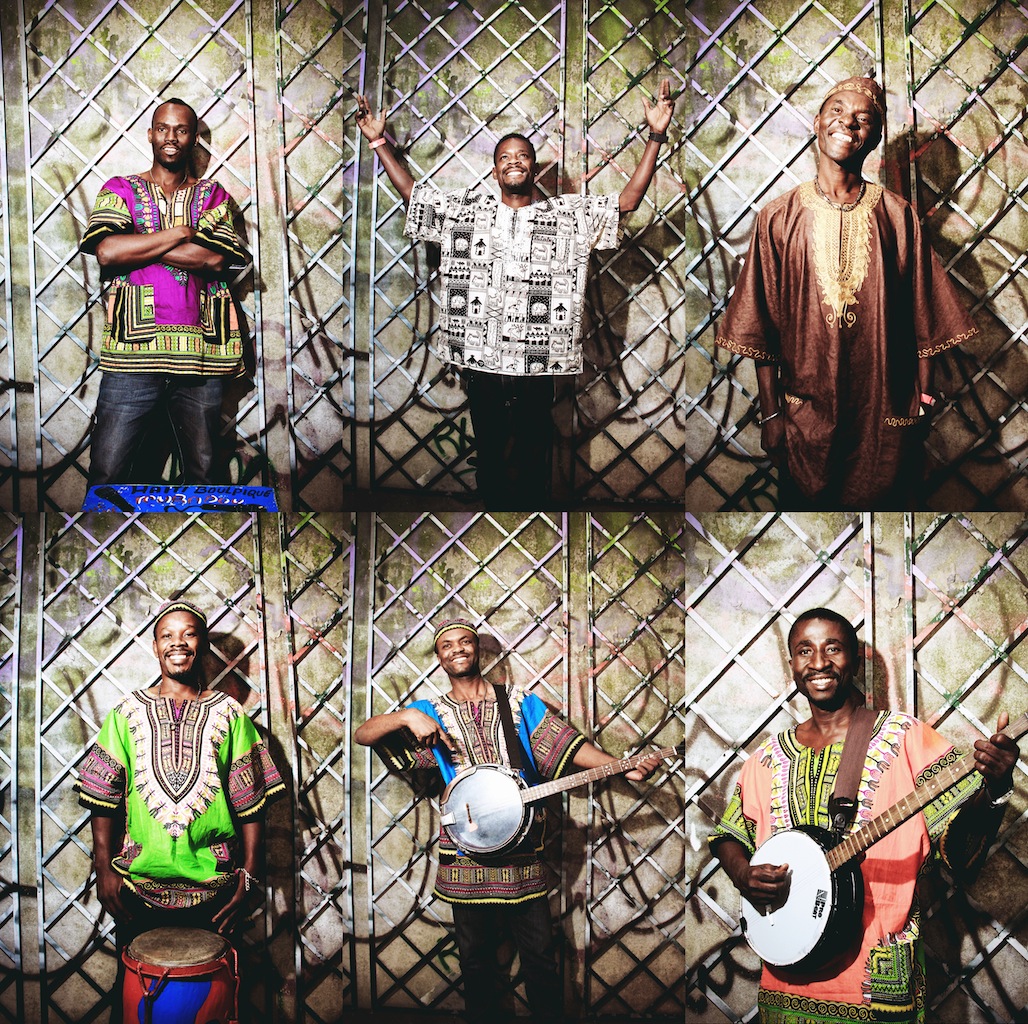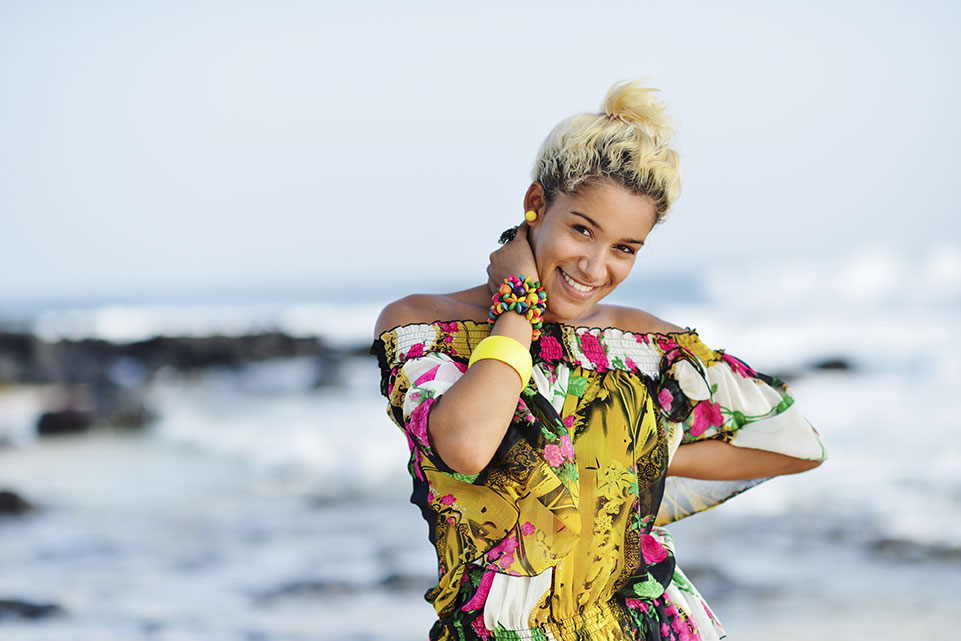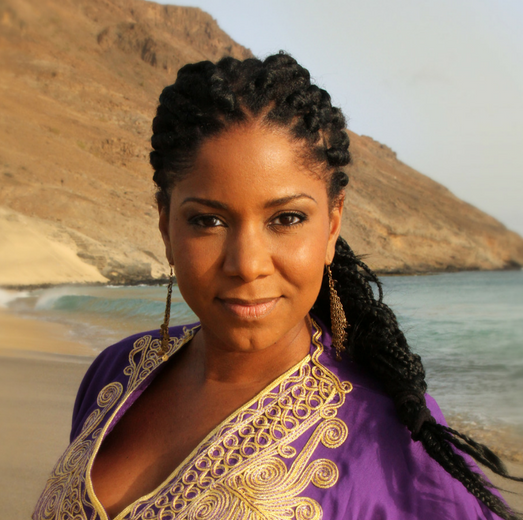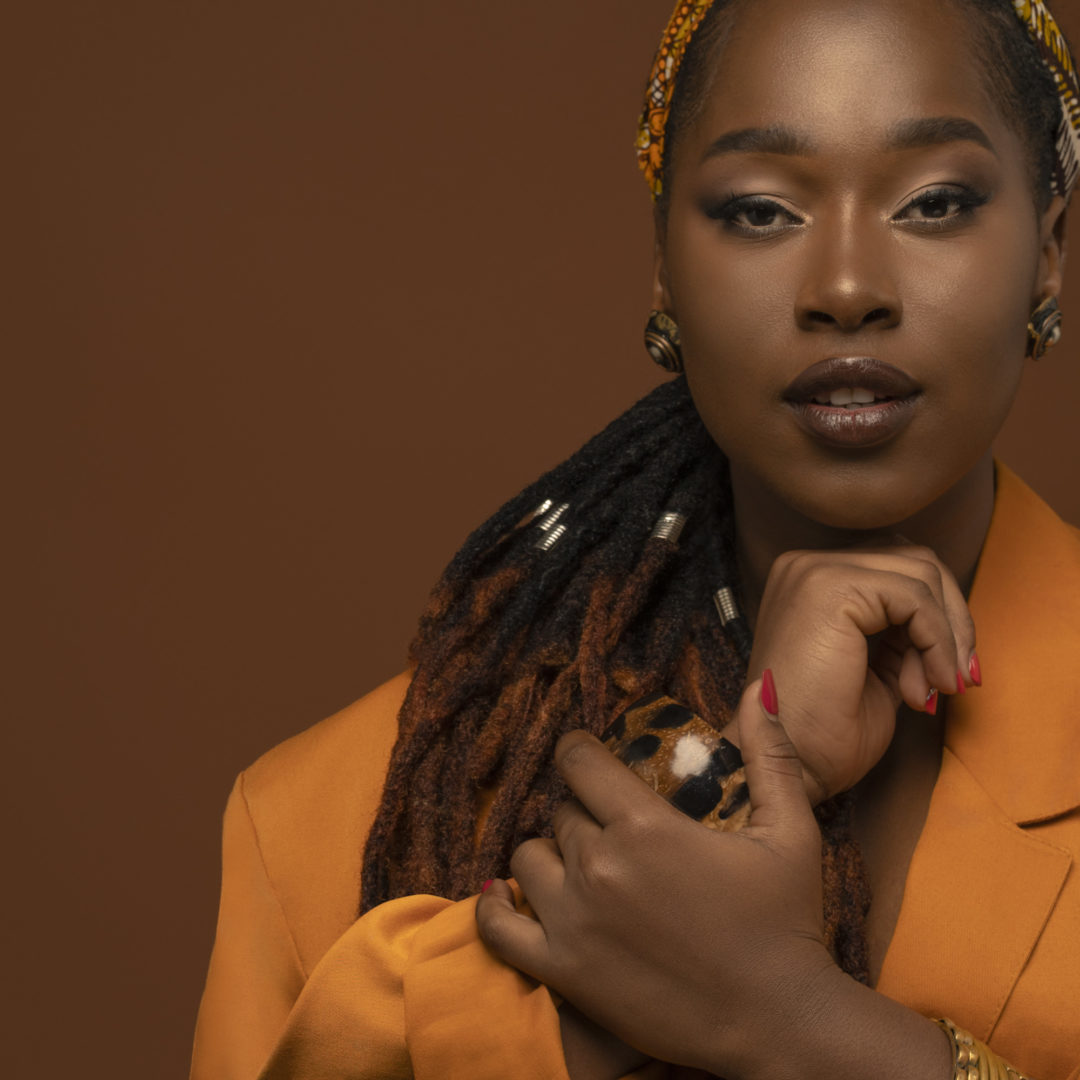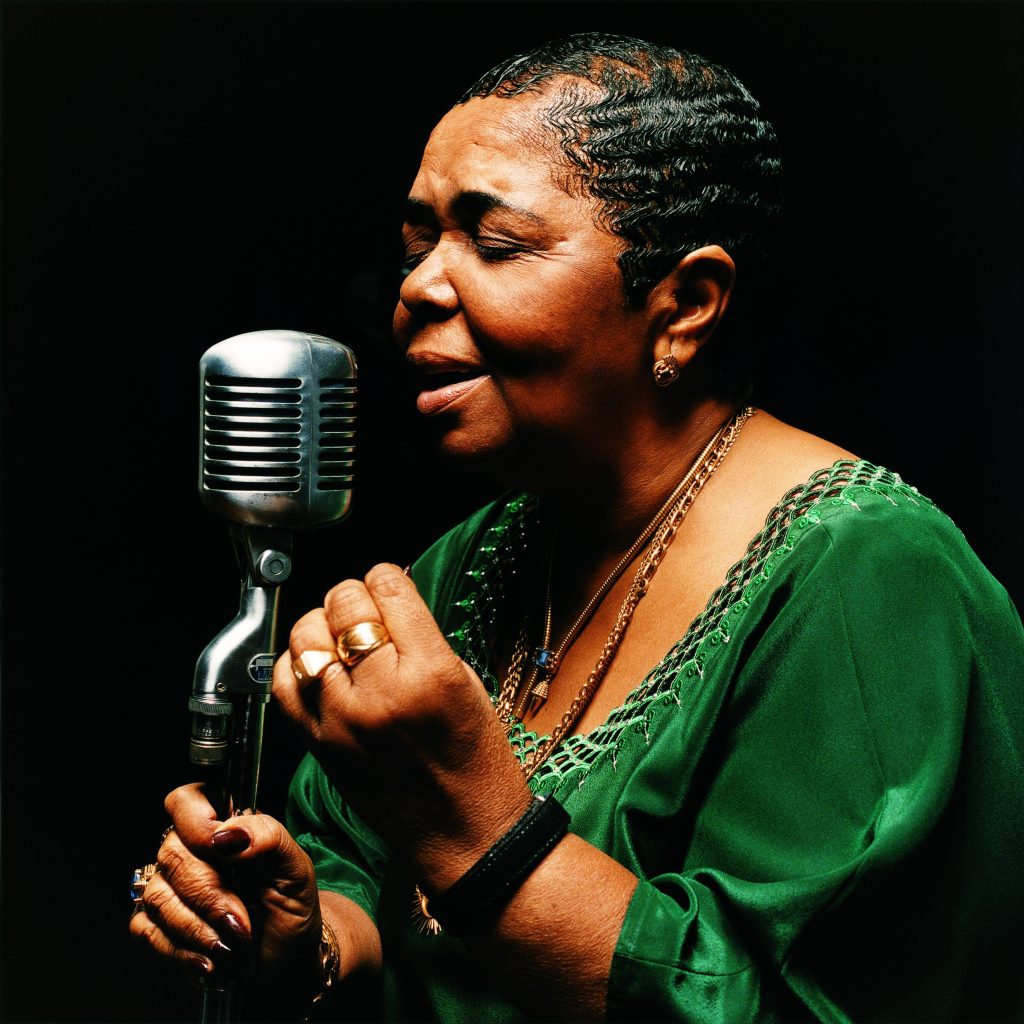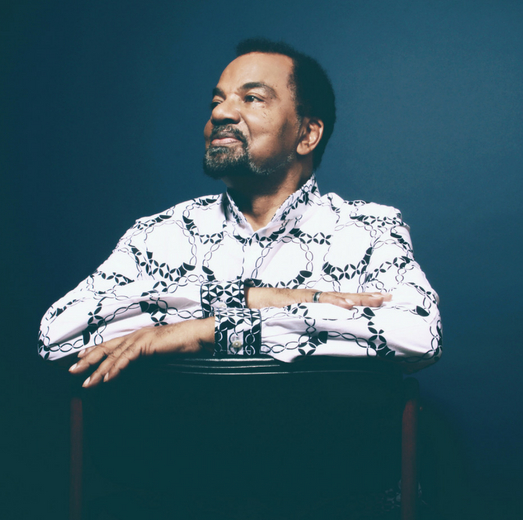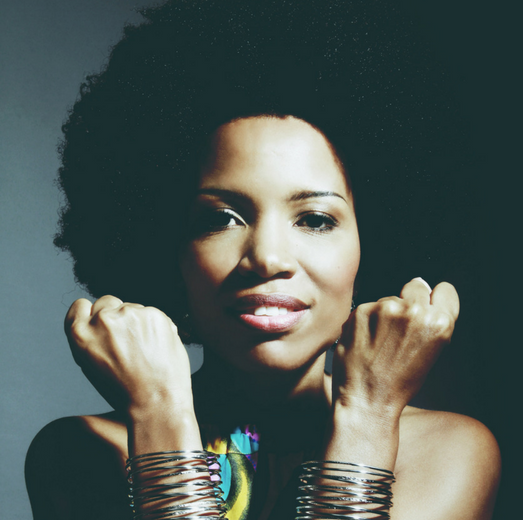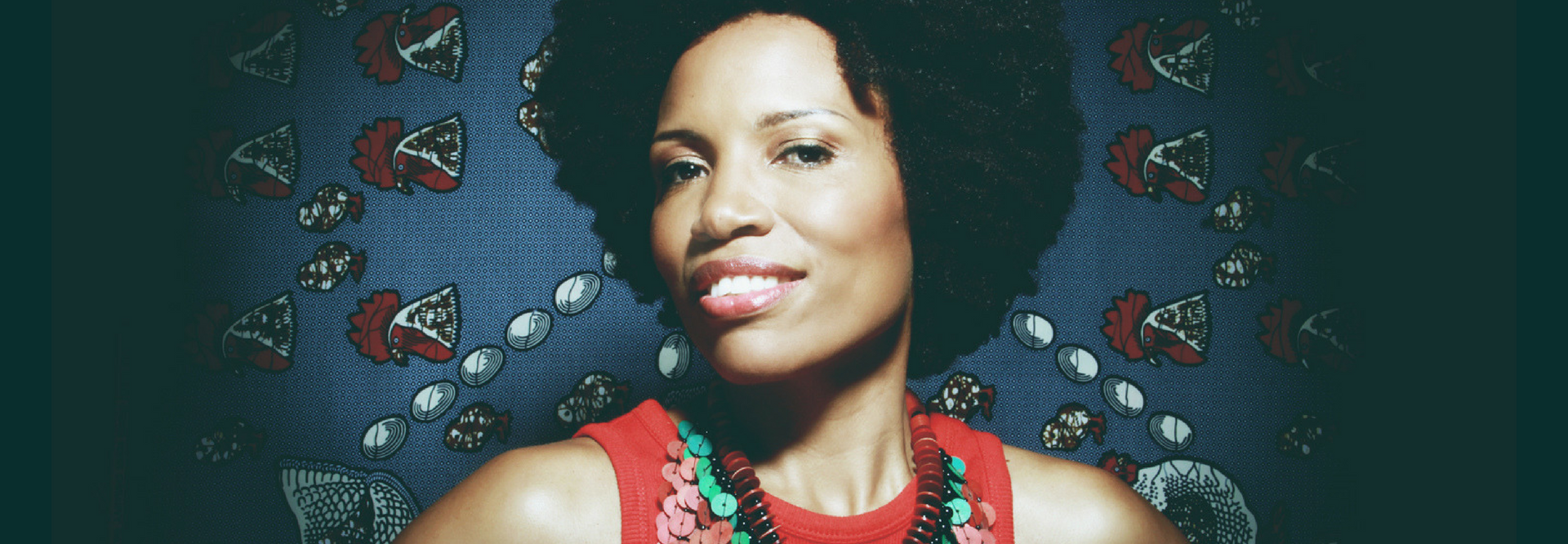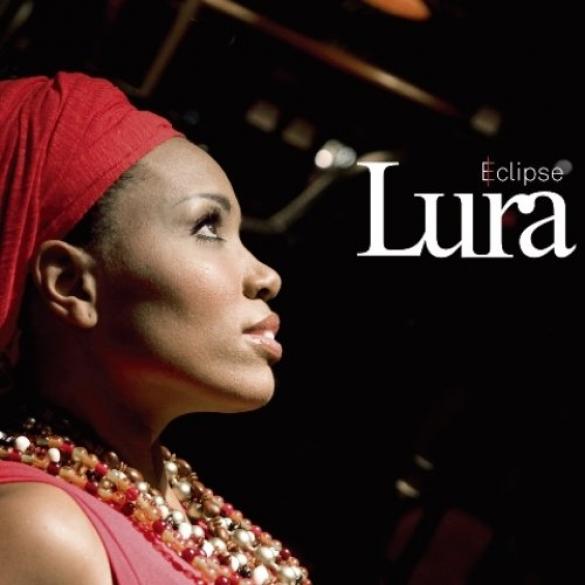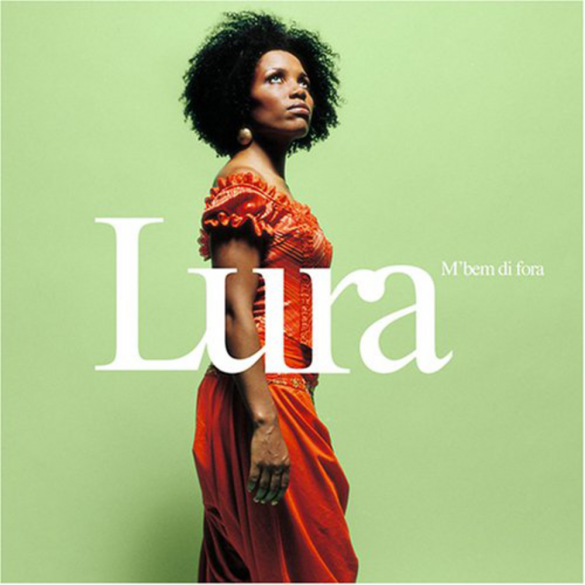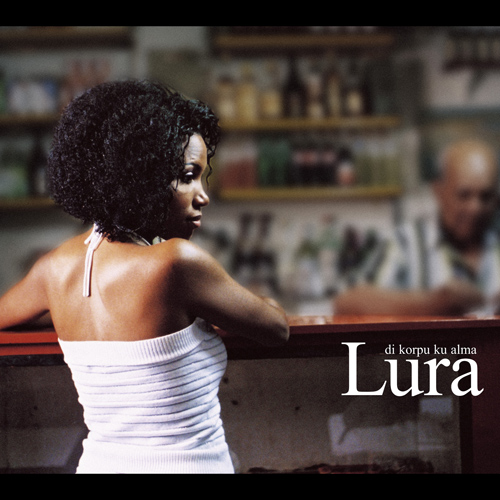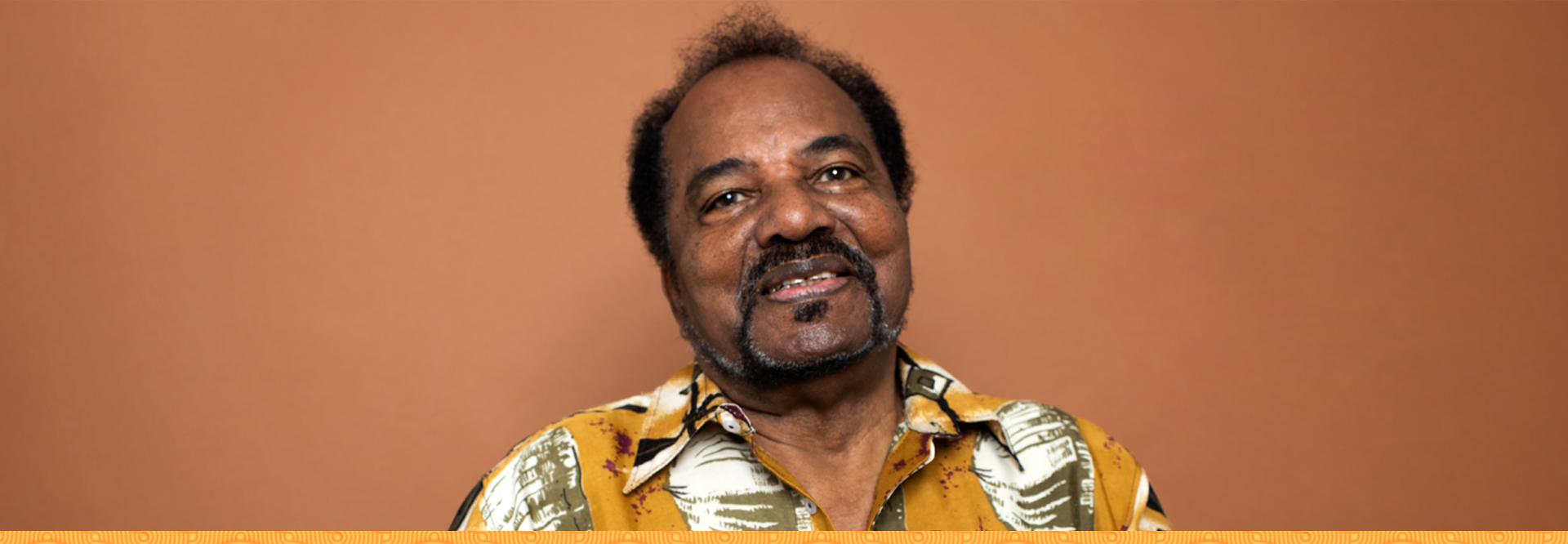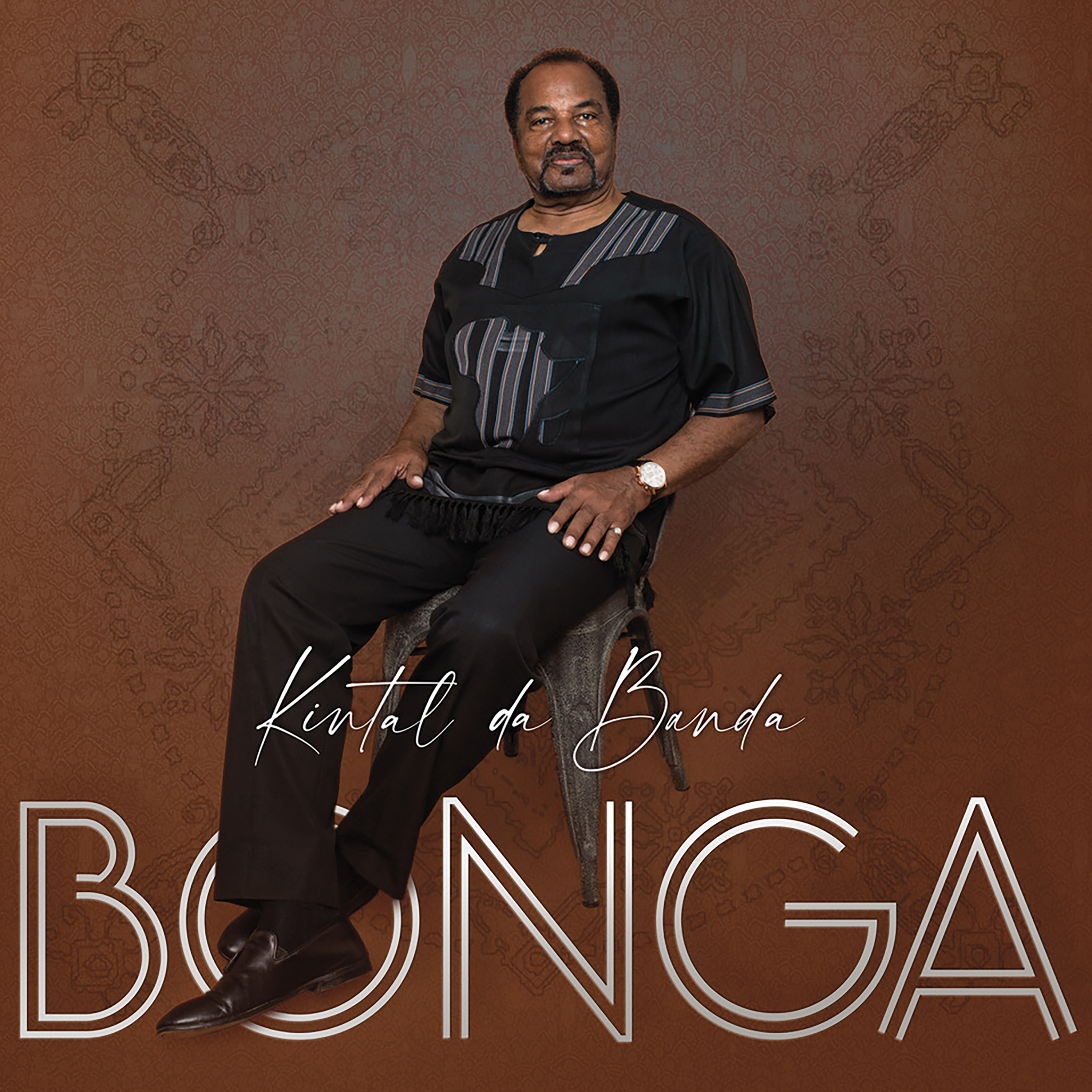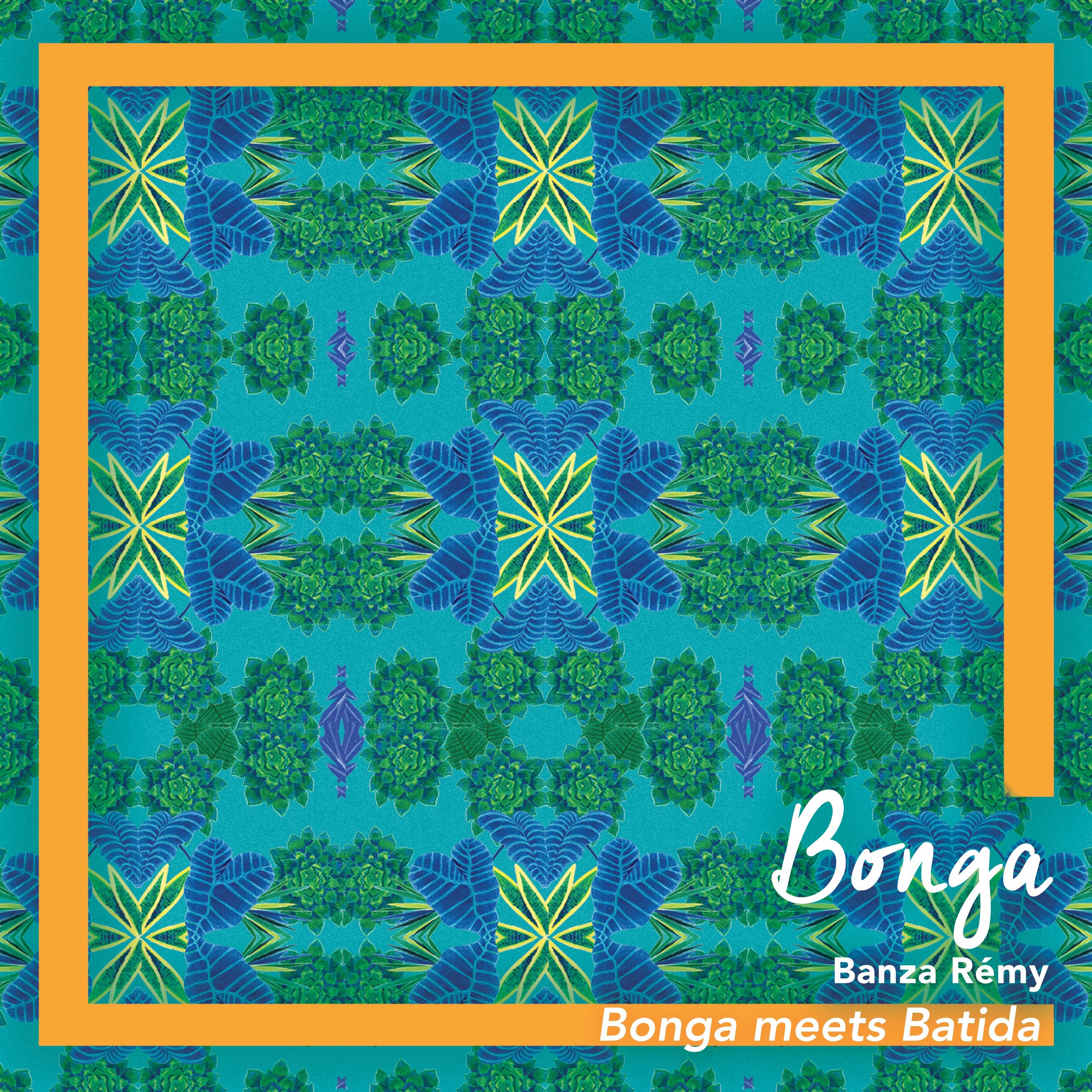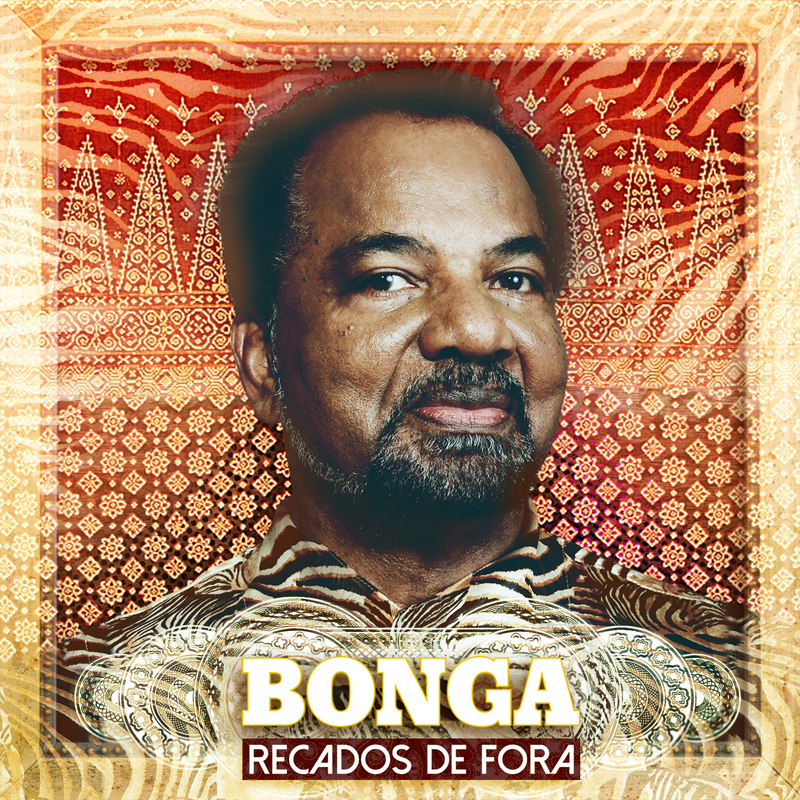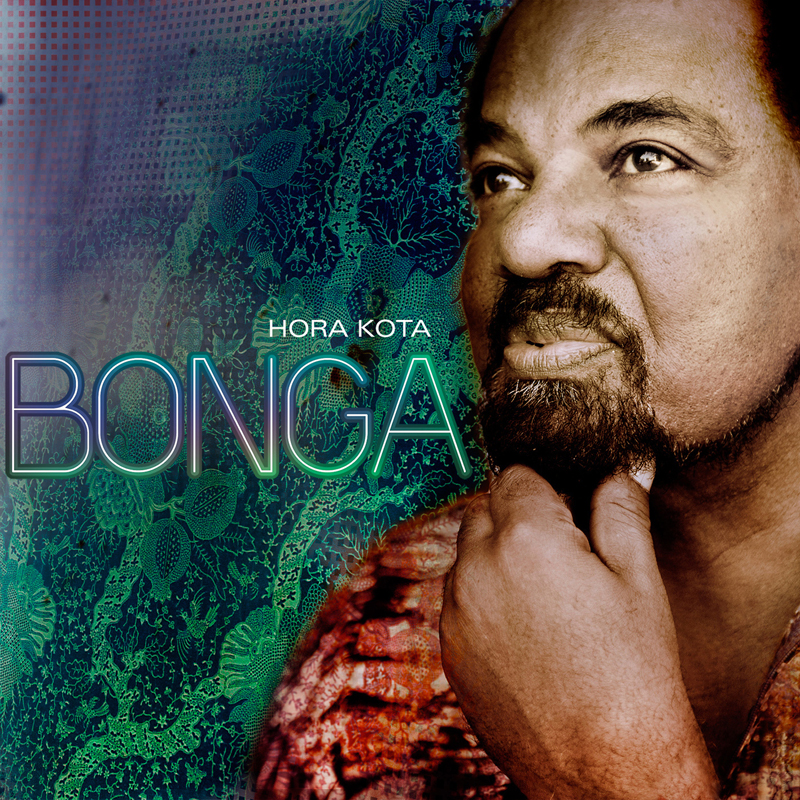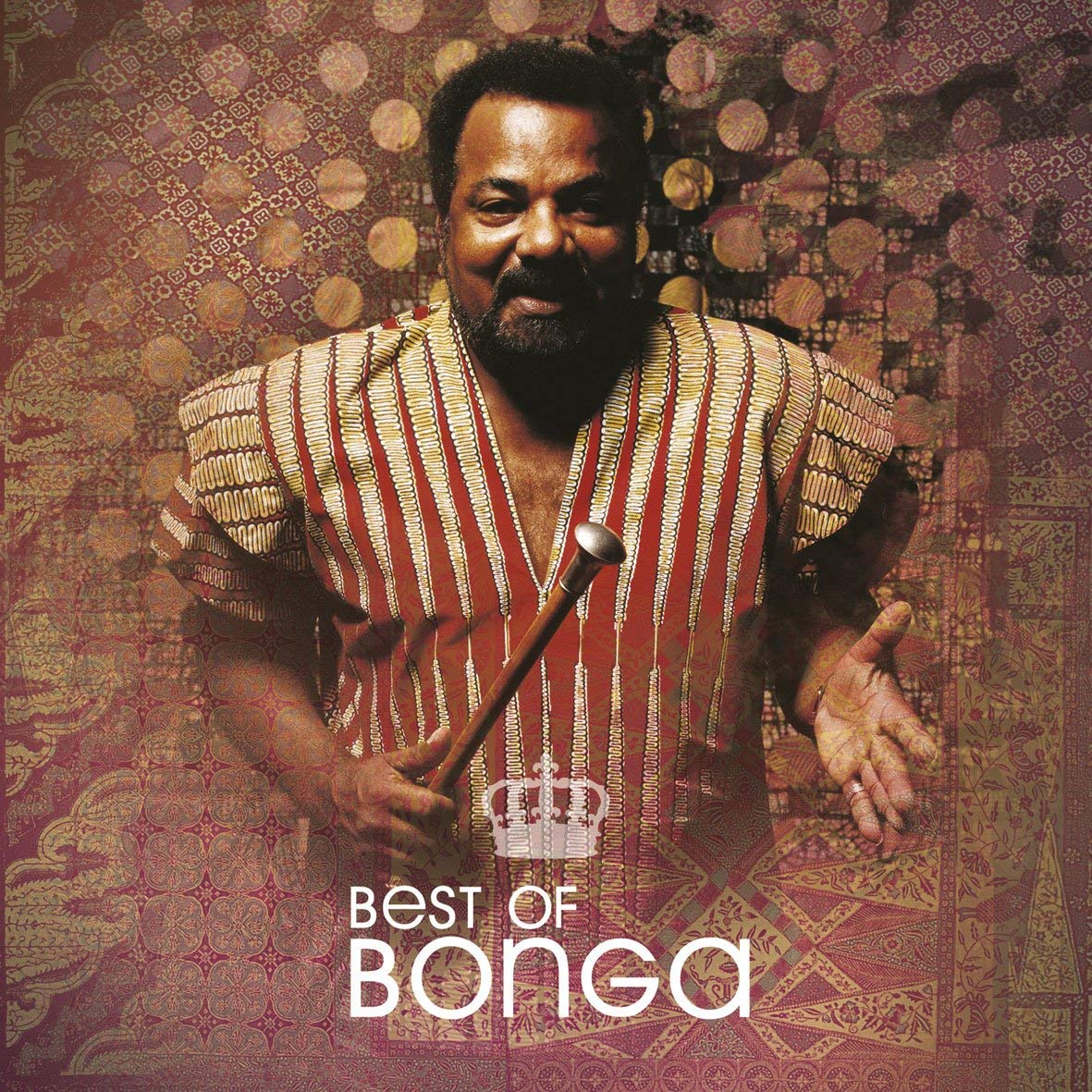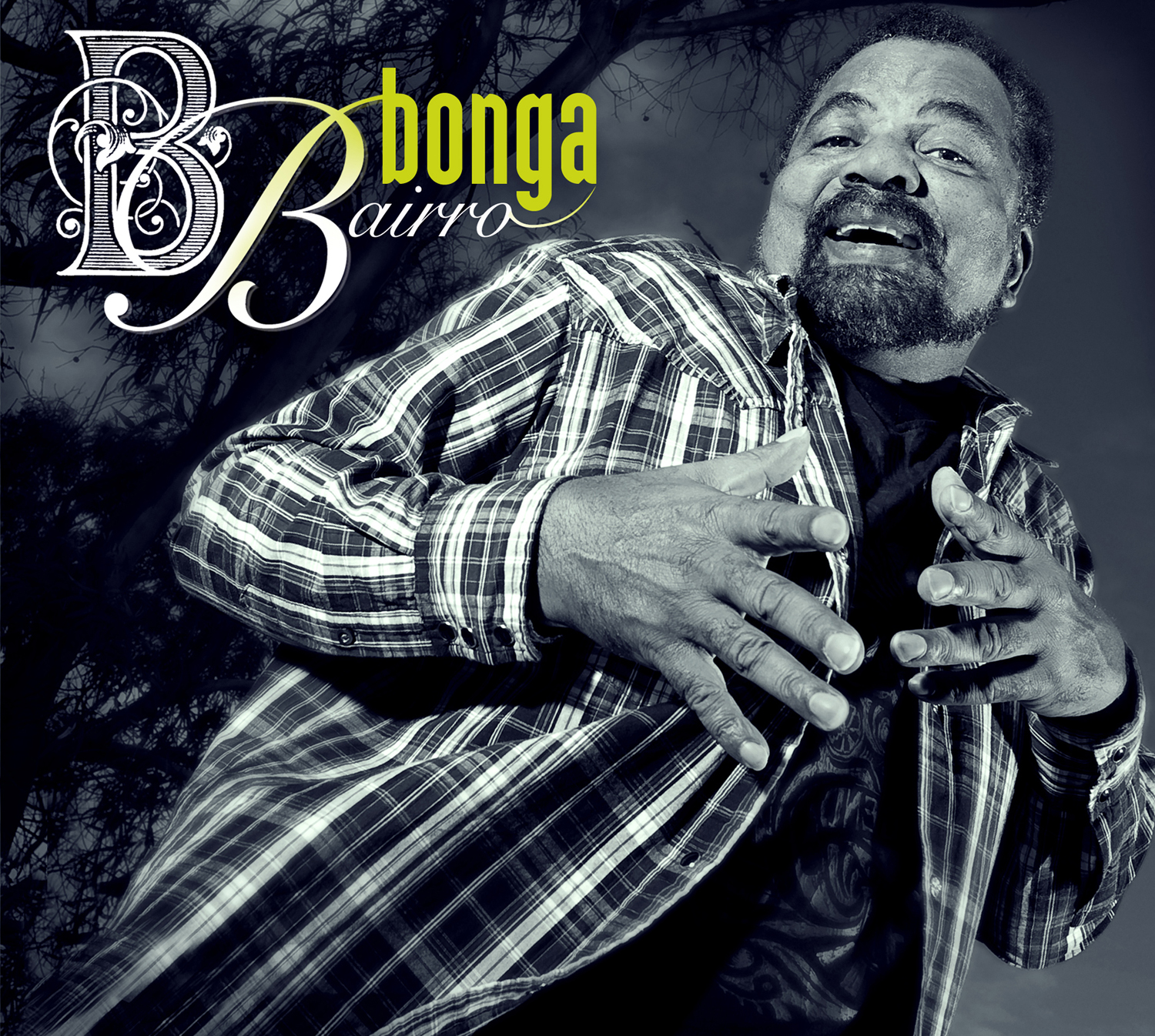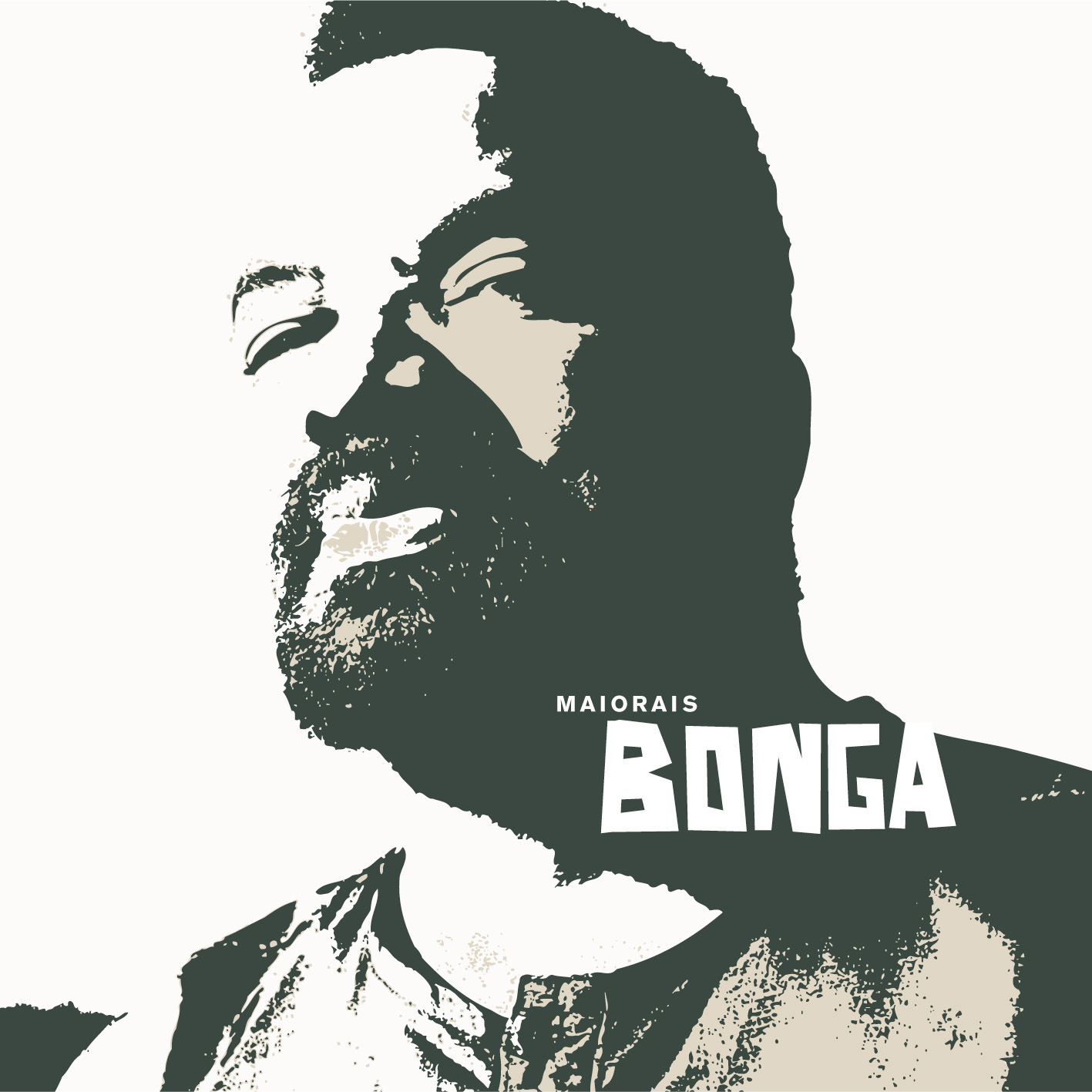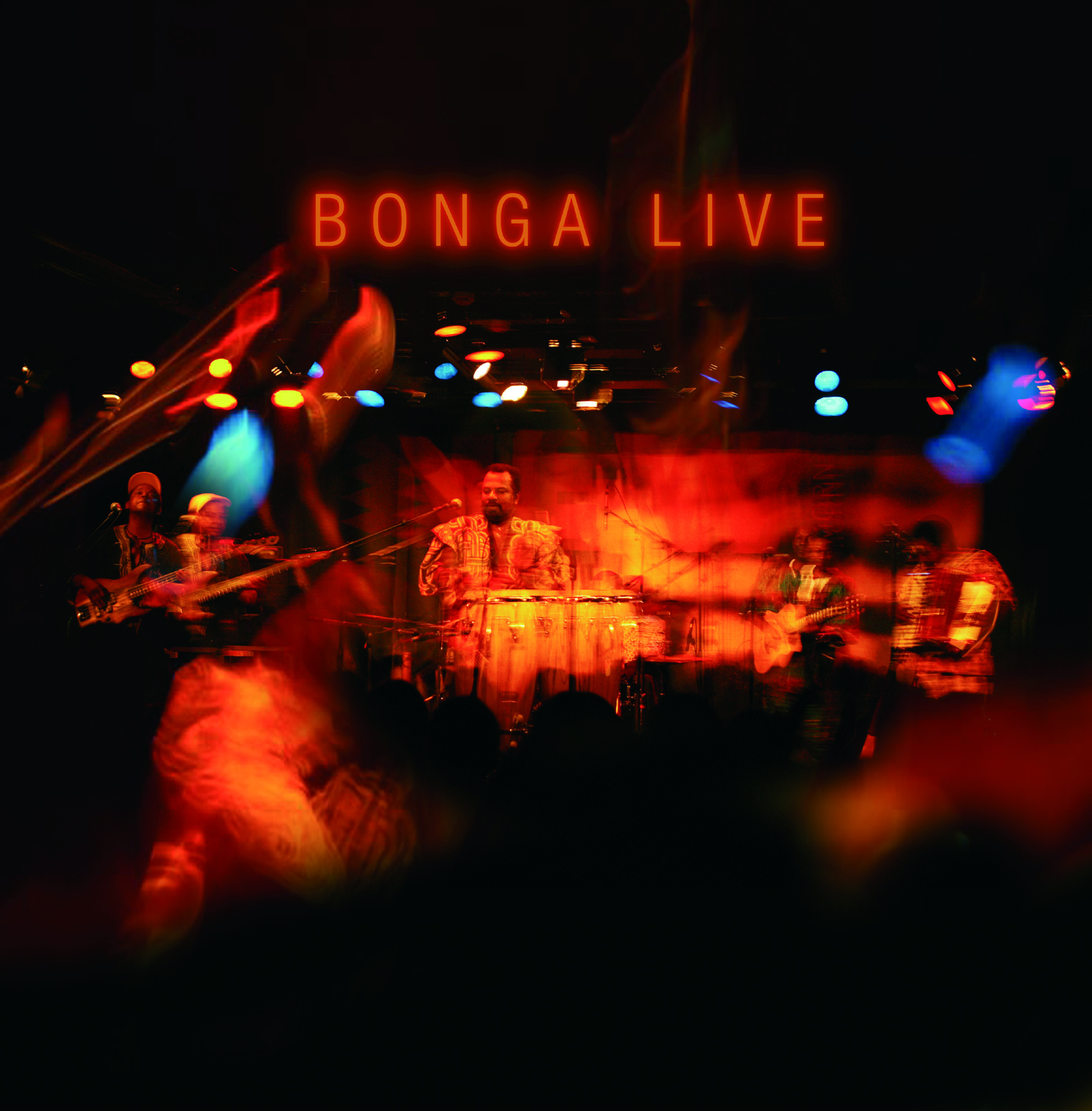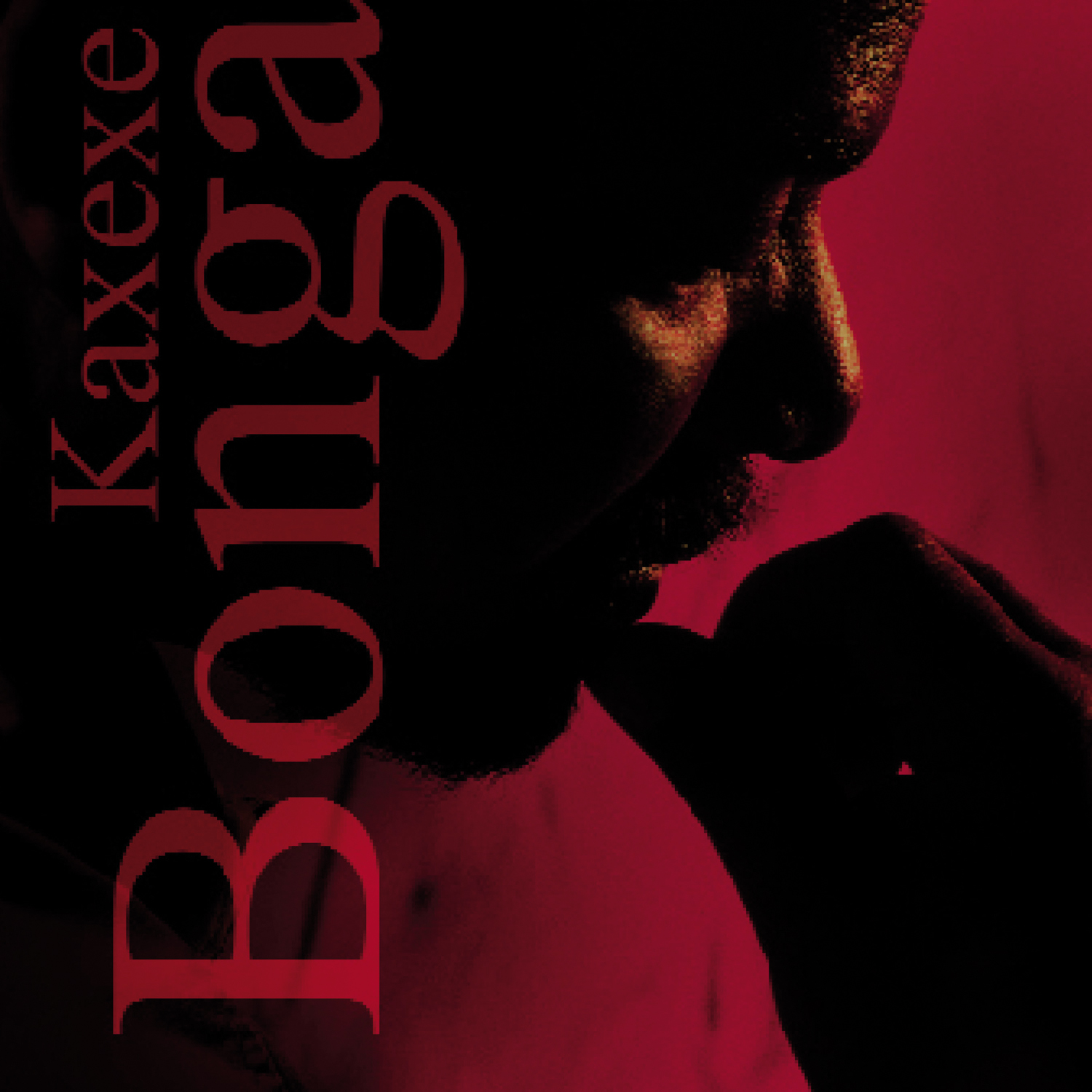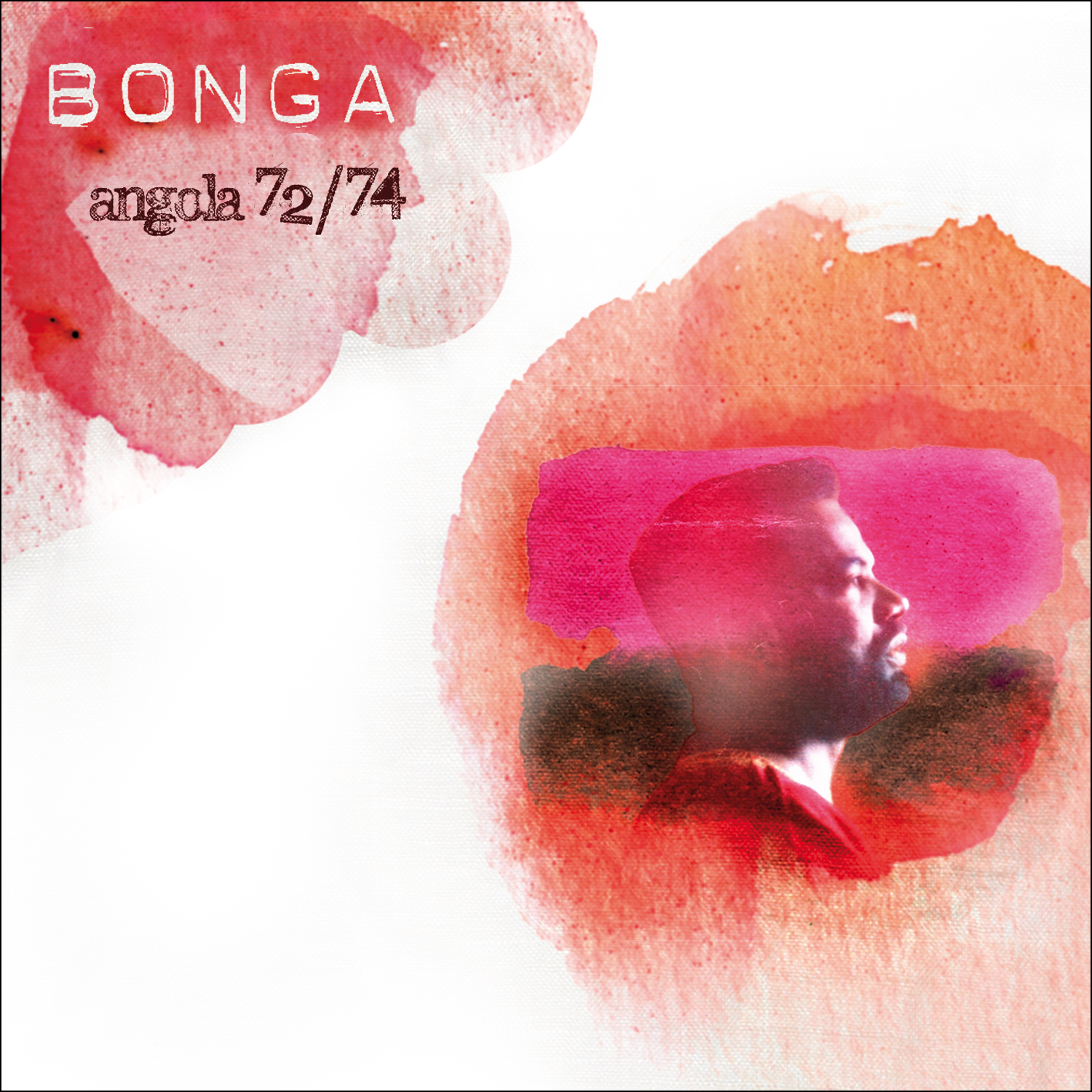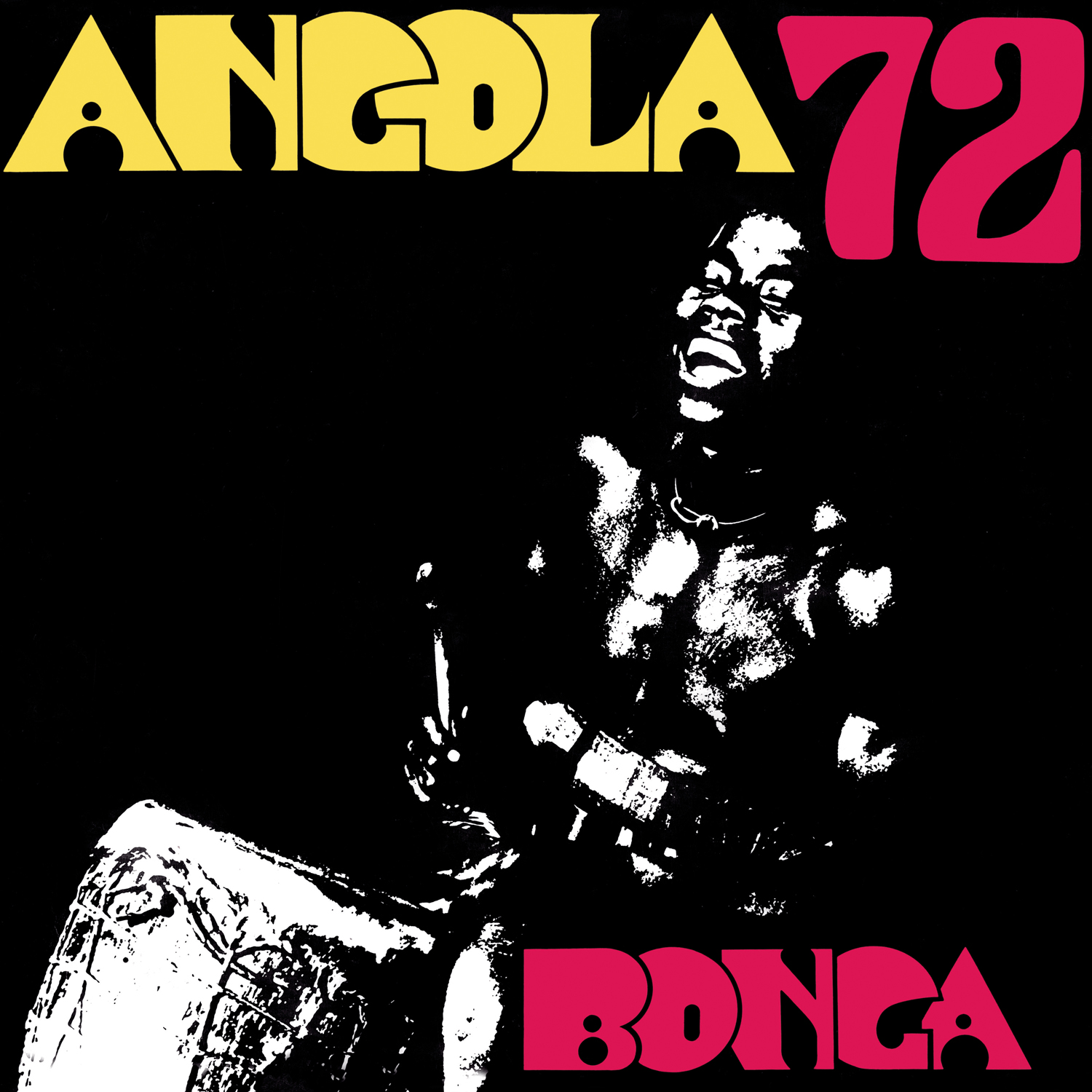Icon of Angolan music Bonga is on first-name terms with the stars and has given true meaning to the concept (albeit multifaceted) of ‘Africanness’. From Luanda to Rotterdam, Paris to Lisbon, and everywhere else, Bonga belongs to that caste of African singers who have sublimated their roots. His rasping, powerful voice is immediately identifiable and anyone listening to his albums remains entranced from start to finish. He was born José Adelino Barcelo de Carvalho in Kipiri on 5 September 1942, but changed his name to Bonga Kuenda when he reached his teens, already showing a keen awareness of the realities of Portuguese colonialism. He learned about music from his father, and rapidly grasped its potential impact when linked to the political aspirations of his generation and an inexhaustible melancholic vein.
As he is always ready to explain, he never faltered in his principles.
“All Angolan culture was under Portuguese domination. Traditional languages were banned, as was African music. We had no weapons to fight with, so we organised cultural resistance, especially by forming folk groups, including Kissueia, my first band. With Kissueia, I sang songs that revived ancestral African forms and whose lyrics clearly referred to the troubled situation at the time, poverty, colonial violence and latent revolt.”
In the mid-Sixties, Bonga’s athletic talents took him to Portugal. There, he ironically became the national 400-metres champion under his birth name while playing an active part in the Popular Movement for the Liberation of Angola. When the Salazar regime finally realised he was playing a double game, he managed to get out just in time and went into exile in Rotterdam in the Netherlands.
There, in 1972, he recorded a harrowing first album soberly entitled “Angola 72”, with Capeverdean musicians for the Dutch label Morabeza (today available on Lusafrica). This key record quickly became something of a soundtrack for Angola’s struggle for independence. Its star song was the emblematic “Mona Ki Ngi Xica”, a lamento of unfathomable Atlantic depth.
His wanderlust then took him to Paris, where he recorded a second album that proved just as important as the first – “Angola 74”, featuring a magnificent version of “Sodade”, which would be popularised by Cesaria Evora nearly twenty years later. With Salazar ousted and Angola now independent, Bonga divided his time between Lisbon and Luanda. He had many hits, but refused to play the part of a Portuguese-speaking Julio Iglesias, although certain producers urged him to do so.
